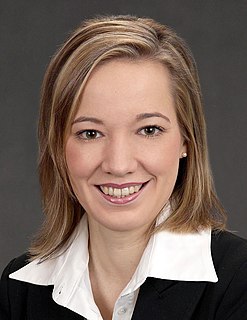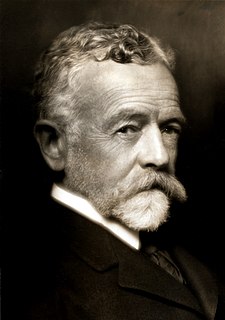A Quote by Pope John Paul II
Humanity should question itself, once more, about the absurd and always unfair phenomenon of war.
Related Quotes
Often war is waged only in order to show valor; thus an inner dignity is ascribed to war itself, and even some philosophers have praised it as an ennoblement of humanity, forgetting the pronouncement of the Greek who said, 'War is an evil in as much as it produces more wicked men than it takes away.'
What is a war criminal? Was not war itself a crime against God and humanity, and, therefore, were not all those who sanctioned, engineered, and conducted wars, war criminals? War criminals are not confined to the Axis Powers alone. Roosevelt and Churchill are no less war criminals than Hitler and Mussolini. England, America and Russia have all of them got their hands dyed more or less red - not merely Germany and Japan.
There is a metaphysical honour in ending the world's absurdity. Conquest or play-acting, multiple loves, absurd revolt are tributes that man pays to his dignity in a campaign in which he is defeated in advance.... War cannot be negated. One must live it or die of it. So it is with the absurd: it is a question of breathing with it, of recognizing its lessons and recovering their flesh. In this regard the absurd joy par excellence is creation. "Art and nothing but art", said Nietzsche, "we have art in order not to die of the truth."
I have come to doubt whether the FDA rules should apply to cannabis. There is no question about its safety. It is one of humanity's oldest medicines, used for thousands of years by millions of people with very little evidence of significant toxic effects. More is known about its adverse effects than about those of most prescription drugs.
Reading a book should be a conversation between you and the author. Presumably he knows more about the subject than you do; if not, you probably should not be bothering with his book. But understanding is a two-way operation; the learner has to question himself and question the teacher, once he understands what the teacher is saying. Marking a book is literally an expression of your differences or your agreements with the author. It is the highest respect you can pay him.









































